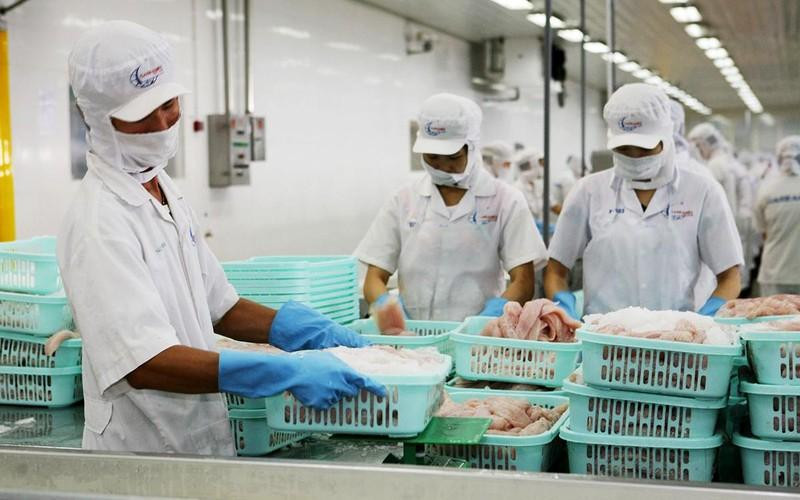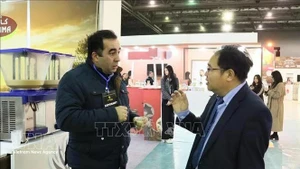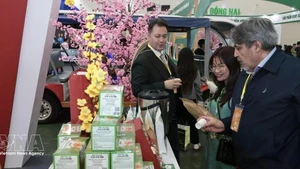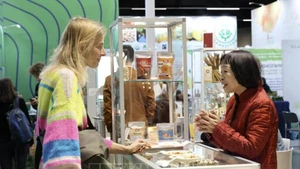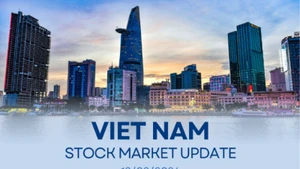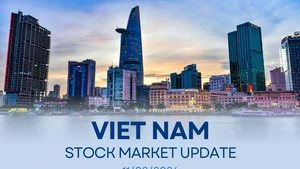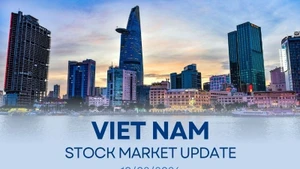In 2021, Nordic countries imported about 6.5 billion USD of agricultural products, of which vegetables and fruits were 4.8 billion USD, tea, coffee, and spices were 1.2 billion USD, and cereals were 503 million USD. However, the number of imports from Vietnam was still quite small, specifically, the import of vegetables and fruits reached 24.2 million USD, of which cashew nuts accounted for 21.7 million USD, while tea, coffee, and spices were 12 million USD.
High-quality market
According to the Vietnam Trade Office in Sweden (Concurrently Denmark, Finland, Iceland, Norway, and Latvia), the Nordic region has a small population (about 25 million people) but it includes high-income countries. In 2021, four out of five Nordic countries were in the top 10 countries with the highest per capita income in the world. Vietnam is currently the largest exporter of agricultural products to the Nordic market in the ASEAN region, but the market share is very small, less than 1%.
Part of the reason is that the geographical distance between Vietnam and Northern Europe is relatively far, so the freight charges are high, pushing up prices, and making agricultural products less competitive. On the other hand, Northern Europe is an area with high requirements, not only in terms of food quality, hygiene and safety but also at the forefront of the trend of green consumption, environmental protection and sustainable product development, therefore, it is not easy to export agricultural products to these markets.
According to the survey, three Nordic countries, including Sweden, Denmark and Norway, were all in the top 10 countries with the highest per capita organic food consumption in the world in 2019. Leading the world is Denmark with 344 EUR per person, Sweden at 5th position with 215 EUR per person and Norway at 10th position with 83 EUR per person. Specifically, Denmark has the highest share of organic food in the world and the best-developed organic market.
The demand for organic food is increasing in Nordic countries. The products that Nordic countries want to import are Vietnamese products with strengths such as tropical fruits, vegetables, grains, tea, and coffee. Therefore, organic food is expected to create many commercial opportunities for Vietnamese exporters.
Nguyen Thi Hoang Thuy
Vietnamese Trade Counselor in Sweden
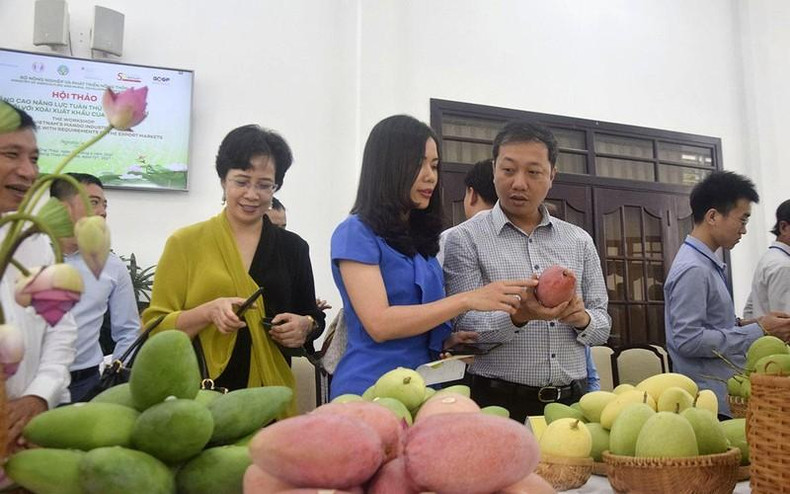 |
Photo: Organic fruit products are very attractive to consumers in Nordic countries. (MEANIAL PHOTO)
Taking advantage of opportunities from EVFTA
According to Vietnamese agricultural exporters, one of the challenges when exporting to the EU in general and Northern Europe in particular, is the high import tax that makes it impossible for businesses to compete on price. Besides that, cost, time, and freight are also major difficulties for exporters when compared with suppliers in the EU.
However, the EVFTA, which took effect on August 1, 2020, has brought many advantages to Vietnamese producers and exporters when most of the import tax on vegetables and fruits is eliminated to 0% or gradually reduced according to the roadmap. Therefore, Vietnamese exporters should take advantage of this to penetrate deeper into the Nordic market.
Before the issue of market access, Vietnamese Trade Counselor in Sweden, Nguyen Thi Hoang Thuy said that enterprises need to promote the application of information technology to find customers. For example, in the Swedish market, after the crisis of the COVID-19 pandemic, many food manufacturers lost customers due to the disruption of the global supply chain. So, the Swedish Organic agency has built a portal to help companies find new sales channels, called Eko-Portalen.
The purpose of this portal is to promote the production and consumption of organic products and ingredients by connecting producers with potential buyers. Therefore, businesses who want to find opportunities to export organic food can enter this portal to find out. In addition, businesses should actively participate in trade fairs to gain insight into foreign markets, product trends and competition. Some organic food fairs in Northern Europe, such as Foodexpo in Denmark, take place every March, while the Nordic Organic Food Fair in Sweden takes place every November.
Besides, because Nordic consumers are very concerned about environmental protection, a small but extremely important factor is that businesses need to improve product packaging and labels. Consumers prefer products with natural packaging, made from recycled materials and not harmful to the environment. Accordingly, packaging and labelling should aim for high and sustainable standards, such as: reducing the weight and volume of the packaging, in addition to reducing the amount of waste going to landfills through recyclability, reuse or composability, while reducing environmental impact by using resources sustainably and reducing emissions.
